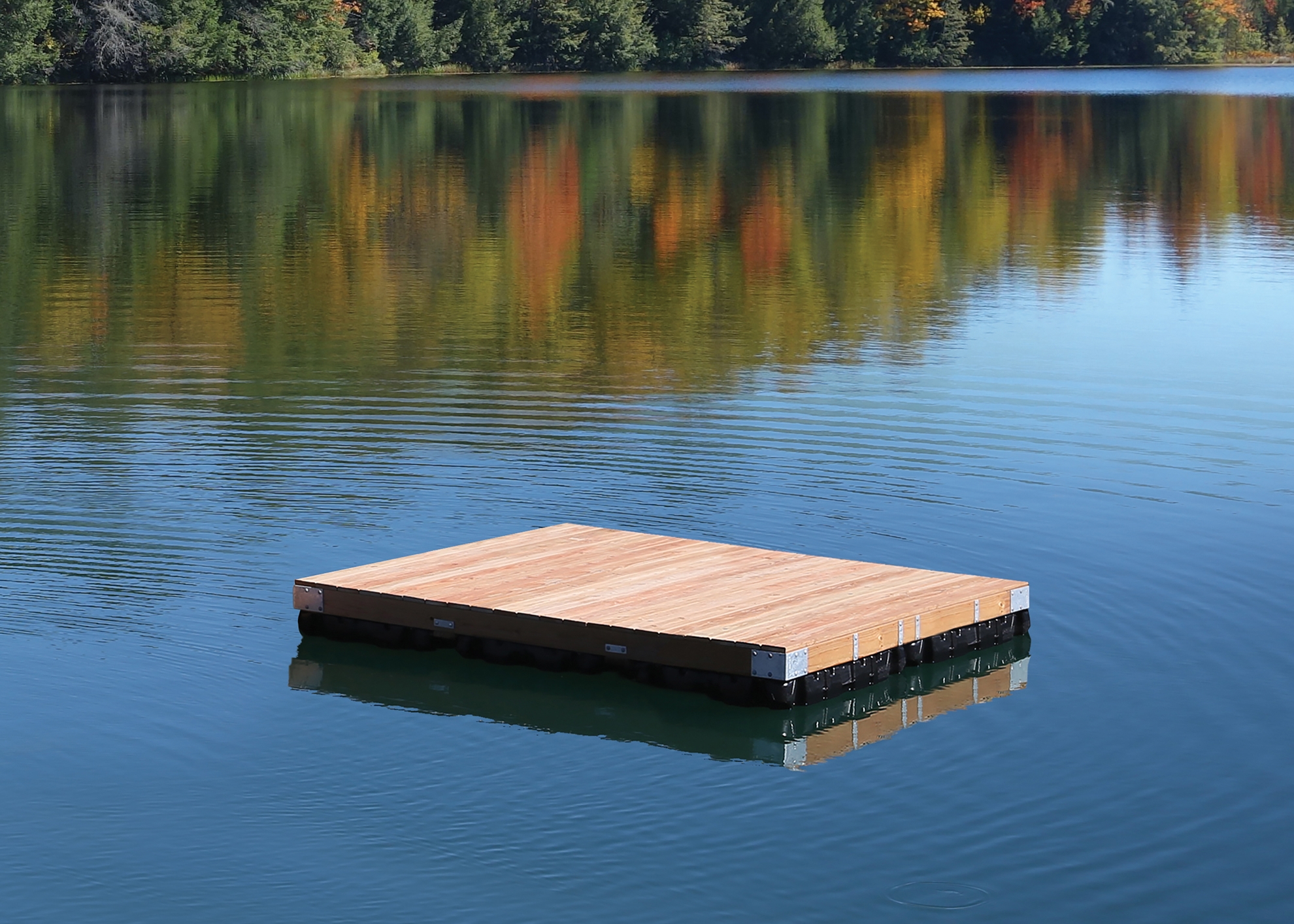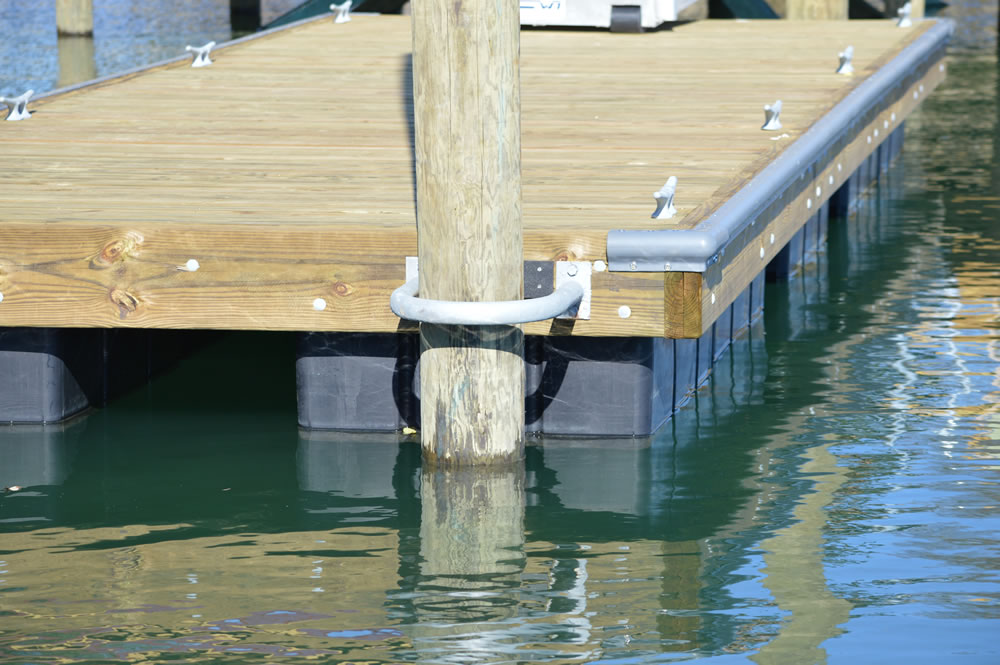How to Select the Right Floating Dock Builder for Your Personalized Dock Needs
How to Select the Right Floating Dock Builder for Your Personalized Dock Needs
Blog Article
The Ultimate Guide to Picking the most effective Floating Docks
Choosing the optimal floating dock requires a comprehensive understanding of numerous elements that affect both efficiency and durability. Variables such as dock types, products, and essential functions significantly impact your decision-making procedure.
Understanding Floating Dock Types
When choosing a drifting dock, it is important to recognize the different types available, as each serves unique functions and applications. Floating docks largely fall into three groups: modular, stationary, and pontoon docks.
Modular docks are composed of specific sections that can be conveniently assembled or reconfigured, making them optimal for changing water levels and varied usages, such as recreational tasks or commercial operations. Their versatility enables modification based upon details needs.

Pontoon docks are characterized by their buoyant structure, often made up of numerous pontoons that offer stability and support. They are particularly appropriate for larger vessels and are frequently used in marinas or for waterfront buildings. Comprehending these kinds aids in choosing the most suitable floating dock to meet particular requirements, ensuring optimal capability and security.
Trick Materials for Sturdiness
Choosing the appropriate products for floating docks significantly influences their resilience and long life. One of the most usual products include wood, plastic, steel, and composite products, each offering unique advantages and constraints.
Wood, commonly favored for its visual appeal, calls for normal upkeep to endure moisture and decay. Pressure-treated lumber can enhance resistance to rot, however it might still be prone to bugs and weathering.

Plastic docks, constructed from high-density polyethylene (HDPE), are resistant to rust, UV radiation, and impact, making them a prominent option for seaside atmospheres. Their light-weight nature also helps with easy setup and relocation.
Steel docks, usually created from aluminum or galvanized steel, supply outstanding toughness and sturdiness. They are resistant to deterioration, specifically when dealt with, however might call for extra insulation to avoid warm buildup in warm climates.
Composite materials, incorporating timber fibers and plastics, provide the advantages of both wood and plastic, resisting dampness and fading while needing minimal maintenance. - floating docks
Eventually, the option of materials ought to align with ecological conditions, intended use, and maintenance choices to make certain the floating dock remains practical and visually pleasing in time.
Essential Functions to Think About
While the option of materials is essential, thinking about necessary attributes for floating docks is equally crucial to ensure ideal efficiency and customer fulfillment. One vital feature to examine is the dock's buoyancy capacity, which determines how much weight it can support without immersing. floating dock company. This is crucial for suiting watercrafts, individual watercraft, and even recreational activities
Additionally, mobility is a substantial consideration. Depending on your needs, you might desire a dock that is very easy to dismantle and move, specifically if you prepare to relocate it seasonally. Security is one more crucial attribute; a well-designed floating dock needs to lessen movement triggered by wind and water currents, providing a safe platform for individuals.
Security features, such as non-slip surface areas and rounded sides, are additionally crucial to protect against accidents, specifically in damp conditions. Take into consideration the accessibility of devices, such as bumpers, ladders, and cleats, which can improve the capability of your dock.
Setup and Upkeep Tips
Establishing and keeping a floating dock calls for cautious planning and focus to detail to guarantee its long life and optimum performance. Begin by picking a suitable location that lessens exposure to strong currents check and waves, which can cause wear and tear. Guarantee that the water deepness suffices for the dock's height which it is secured firmly to stop movement.
During installment, adhere to the producer's standards very closely, as inappropriate setting up can jeopardize security. Use top quality materials immune to deterioration, such as light weight aluminum or treated wood, to improve toughness. Regularly evaluate all components, consisting of floats, connectors, and securing systems, for indications of damages or wear.
If your dock makes use of flotation tools, guarantee they stay undamaged and totally free from punctures. By adhering to these installment and maintenance tips, you can enjoy a practical and trusted floating dock for years to come.
Budgeting for Your Dock
Budgeting for your dock is a critical action that can dramatically influence your general complete satisfaction and investment in a beachfront residential or commercial property. Developing a clear budget aids you navigate the different options readily available and ensures you make notified decisions that line up with your economic capabilities.
Begin by determining the size and style of the dock you require, as these aspects will greatly influence the cost. Floating docks can vary significantly in cost, depending on materials, buoyancy, and functions like ramps and accessories. Research different producers and distributors to contrast prices and recognize the marketplace worth.
Along with preliminary costs, take into consideration ongoing expenses such as maintenance, insurance, and possible repair work. Assign funds for these repeating costs to avoid shocks down the line. It's additionally sensible to budget plan for any needed licenses or inspections, which may be needed by local guidelines.
Last but not least, remember the prospective roi. A well-planned dock can improve your home's worth and charm, providing a favorable monetary impact in the long term. By why not look here budgeting effectively, you can make blog sure that your dock fulfills your demands without endangering your monetary security.
Final Thought
In final thought, picking the perfect floating dock requires an extensive assessment of numerous aspects, consisting of dock types, materials, vital functions, and installation procedures. Careful consideration of monetary constraints will certainly better make certain a sound financial investment.

While the option of materials is vital, considering essential functions for floating docks is equally vital to guarantee optimal efficiency and individual fulfillment.Setting up and preserving a drifting dock requires cautious preparation and attention to detail to guarantee its durability and ideal efficiency. Floating docks can vary dramatically in price, depending on products, buoyancy, and attributes like ramps and accessories.In verdict, picking the excellent floating dock requires an extensive evaluation of different elements, consisting of dock types, materials, essential functions, and installation procedures.
Report this page